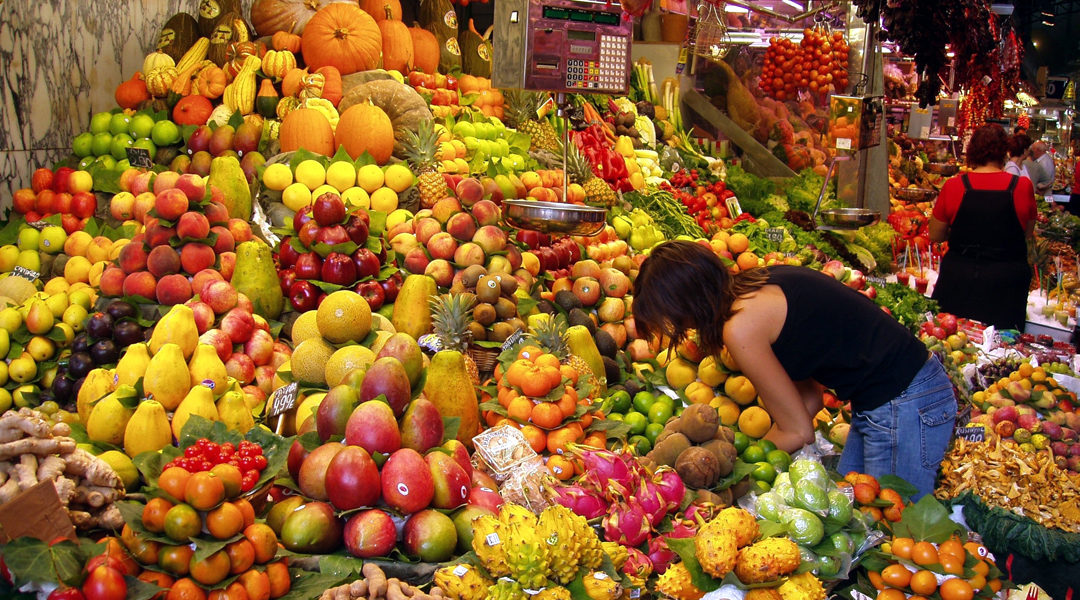What are proteins? Proteins are compounds consisting of carbon, hydrogen, oxygen and nitrogen. The word “protein” refers to a type of molecule in foods that can be divided into amino acids bound with a peptide bond. For us ordinary people, the above may not say much, but we know that proteins are found in various foods such as meat, eggs, soy products, dairy products, seeds, nuts, grains, beans and various legumes.

Most of us know that protein is a necessity for the body, and therefore it must be part of our daily diet.
Most also know that proteins help build muscle in the body, but it is probably few who know how important protein really is to us.
Protein is extremely important to the body. Not only as a food source, but as part of the body’s structure and function. Proteins account for approx. 15% of our body mass. Muscles, ligaments, tendons, cartilage, skin, hair, bones and nails are predominantly protein and, of course, make up an important body structure. In addition, hemoglobin, antibodies, hormones and enzymes also come from proteins. Because so many vital body functions need protein, it’s suddenly obvious why protein should be an important part of our daily diet.
Proteins have six different functional roles in the body. Structural protein, the framework of the body through muscles, bones, ligaments, tendons, hair, skin and nails. Proteins regulate the physiological processes in the body, such as growth, development and metabolism. Neurotransmitters are proteins that react to and control the nervous system. The various hormones in the body are also proteins, e.g. insulin, which regulates the level of glucose in the blood. Myosin and actin, which are the two primary muscle fibers we have, are both made from protein. Proteins also protect the body from foreign substances and are therefore an important part of our immune system. Antibodies that the body forms are also protein. Protein transports important nutrients throughout the body, and also transports oxygen around the bloodstream. In addition, proteins regulate biochemical reactions in the body as our digestion and accelerate other chemical reactions in the body.
Proteins consist of amino acids. Amino acids are the basis of all life processes, and are definitely a necessity for the function of our metabolism. The main task of the amino acids is optimal transport and storage of all nutrients (water, fat, carbohydrates, proteins, minerals and vitamins). If you do not have all the essential amino acids in your body, this can lead to obesity, high cholesterol, diabetes, hair loss, insomnia, wrinkle formation, arthritis and more
There are 20 different amino acids, 10 of which are essential. This means that the body itself cannot produce the 10 amino acids, or at least not in sufficient quantities. The essential amino acids must therefore come from the foods we consume. When the body has all 20 amino acids present, all the necessary proteins in the body can be produced. If you have a lack of protein in your body, which is often seen in vegetarians, the symptoms may be as follows:


